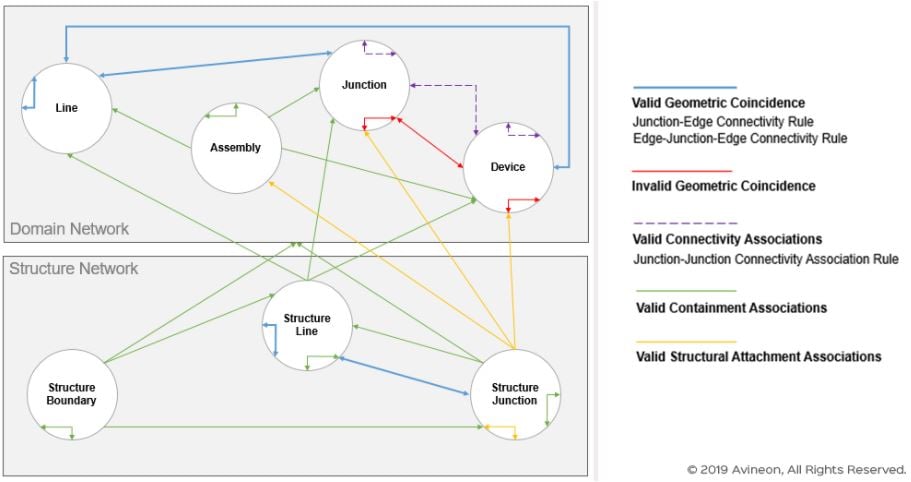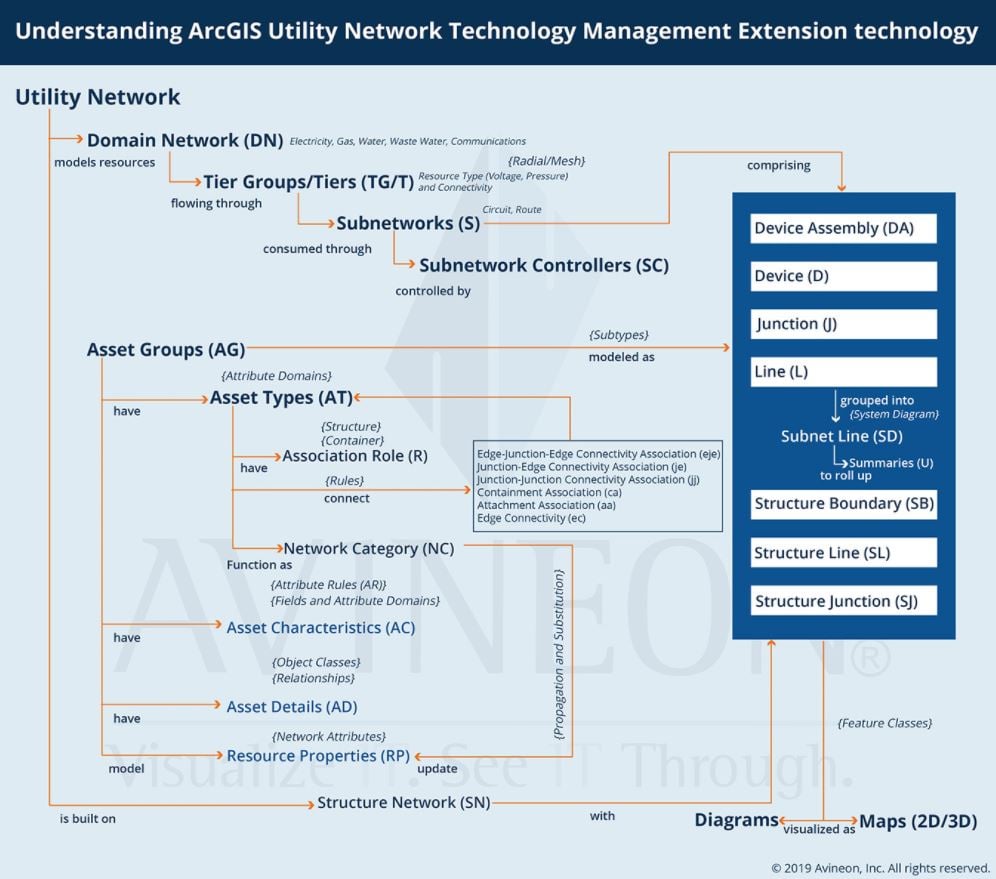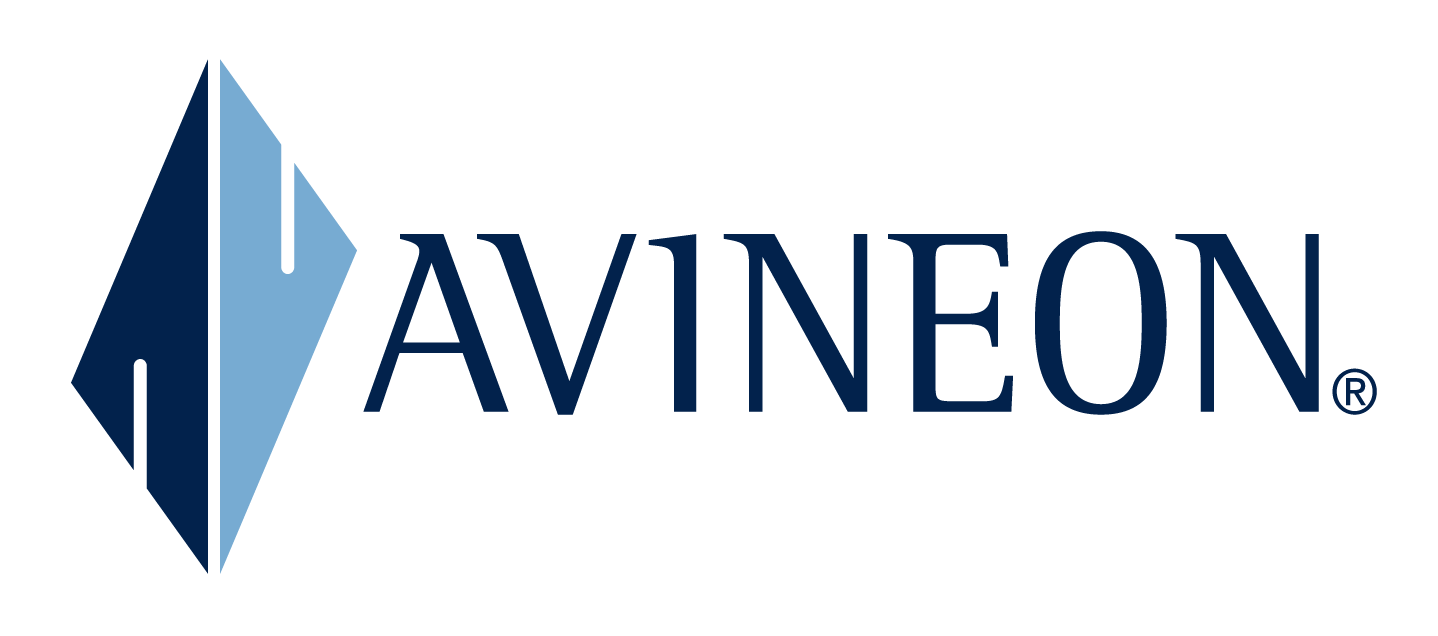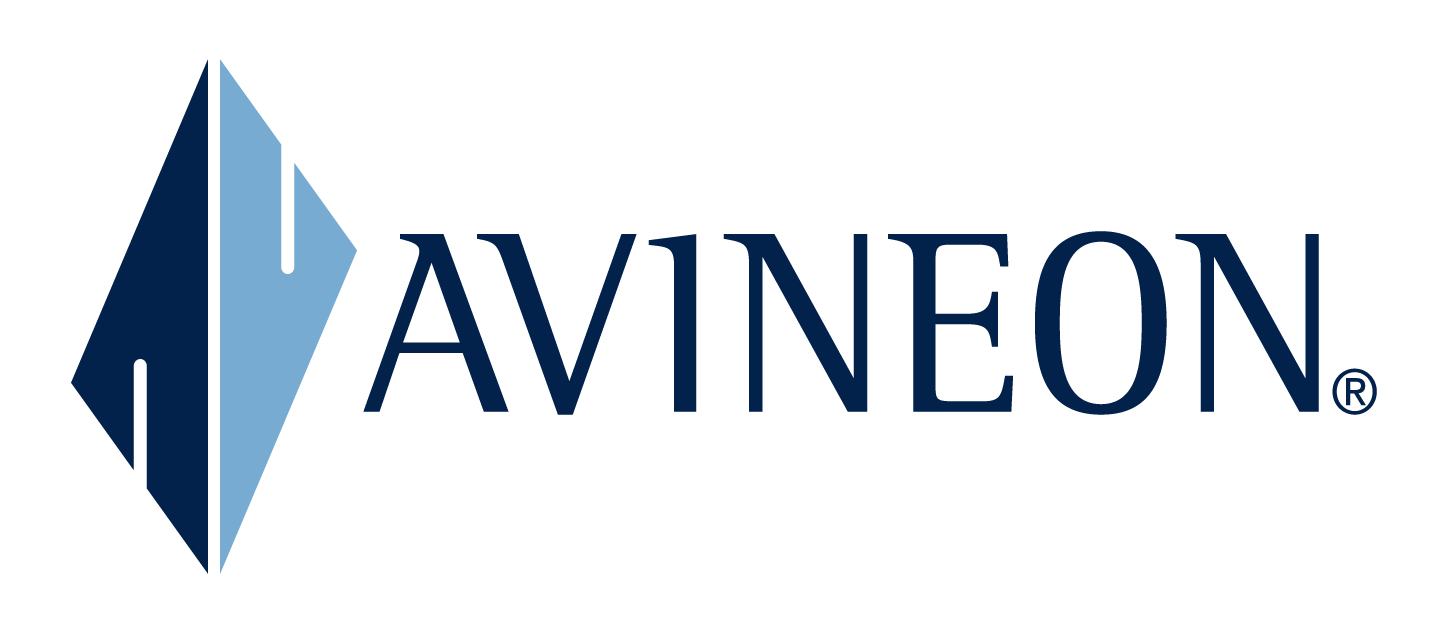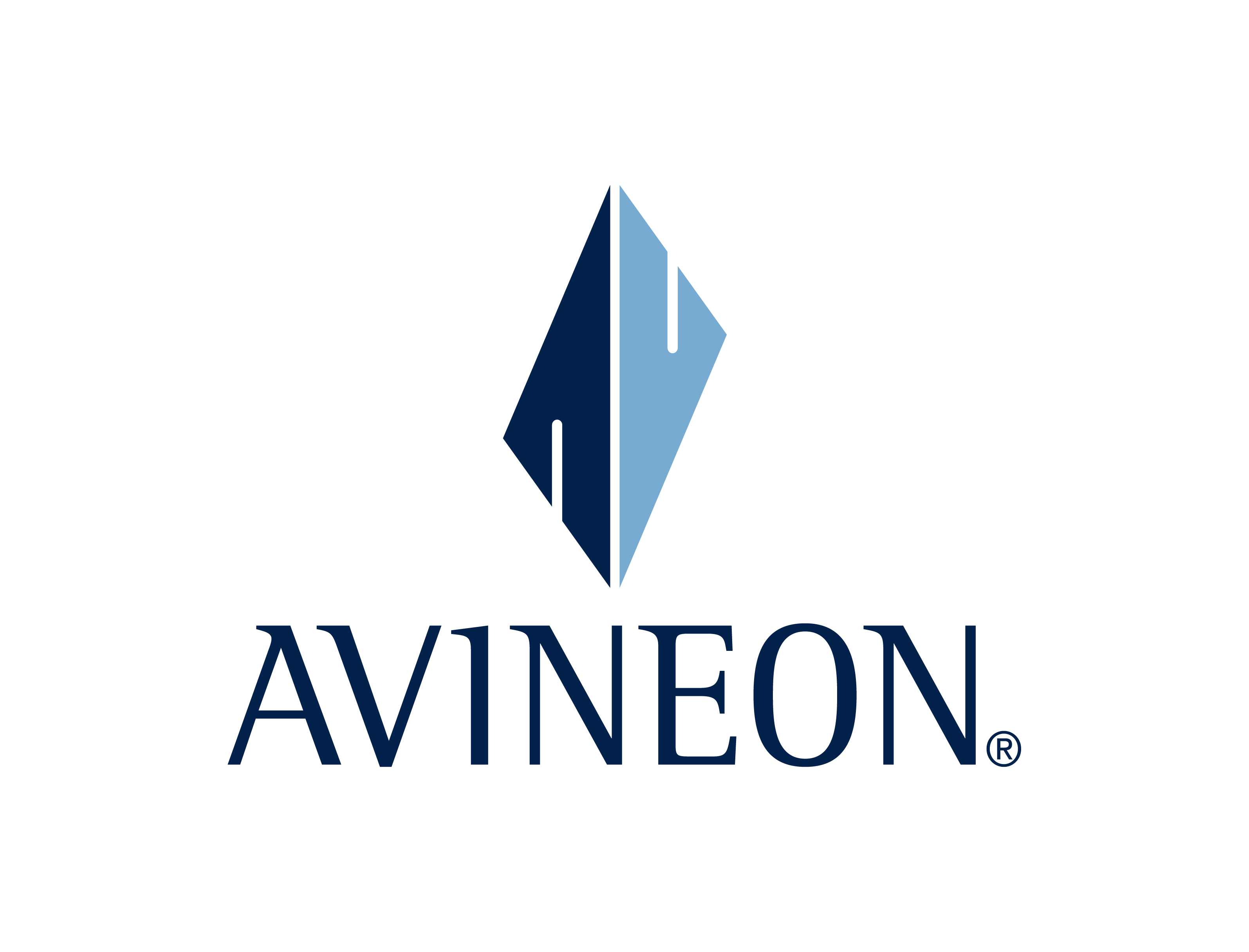Many electric, gas, water, stormwater, and telecom companies across the world use the ArcGIS platform from Esri to leverage GIS as a System of Record, a System of Engagement, and as a System of Insight.
Business Need
As infrastructure and network system owners and operators strategize and formulate a digital vision for greater functional capabilities in web and mobile apps, the business need for modernizing GIS quickly comes into focus. This need again arises as utilities and telecoms aspire to leverage innovations such as cloud, analytics, business intelligence, machine learning, Internet of Things (IoT), Augmented/Virtual Reality, Digital Twin, etc. to drive additional business value. Additional pressure from market trends such as renewable energy, electric cars, smart appliances, etc. reaffirms the purpose of high-fidelity digital models that can support the smart ecosystem.
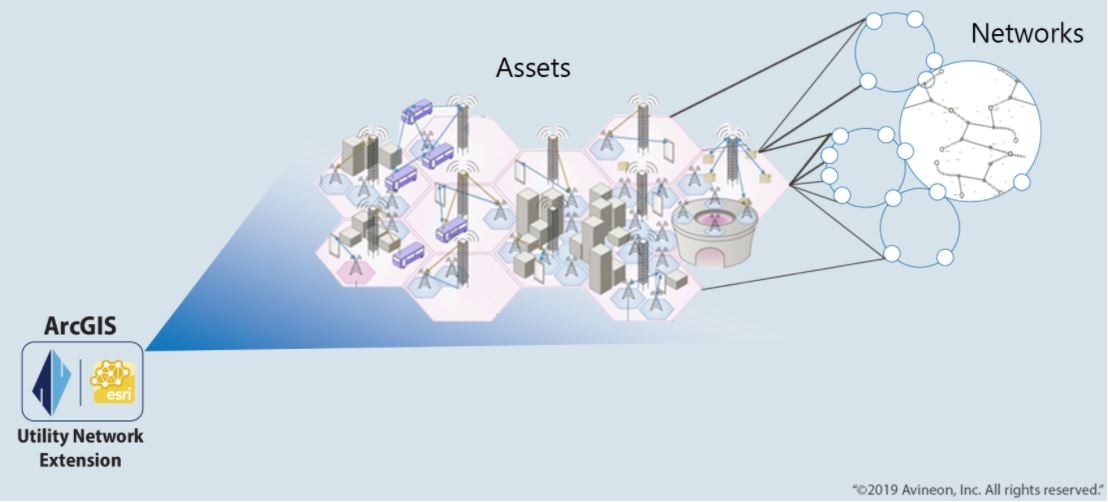
Modernizing GIS
The ArcGIS Utility Network Management Extension (UN) from Esri provides the opportunity to modernize GIS with high-fidelity digital models that can support the future use cases and market needs while providing many improvements to existing use cases. These models are expected to include a higher degree of detail about assets and network systems to yield improvements in planning, operations, compliance, and overall business for delivering services to consumers.
The path for modernizing GIS provides efficiencies in data management and growth opportunities for employees, consumers, regulators, stakeholders and many others in the utility and telecommunications industries.
Modeling Next Generation Digital Models
The design of next-generation digital models deserves a methodical and iterative process in every organization’s journey. The alignment of the digital model design has direct implications on the time-to-value curve with GIS. The iterative process to tailor alignment follows Esri supplied industry models/configurations, validating them for readiness to support the transition and target state architectures as provided by Avineon through our design and implement programs.
Avineon provides professional services to assist your organization with evaluating and selecting model choices and building blocks for your next generation digital model.
Modeling Choices and Impact
It is imperative for employees that have the delivery and technical responsibilities for these next-generation digital models, based on UN, review and confirm a myriad of choices available through the technology. The choices come from understanding and applying concepts such as:
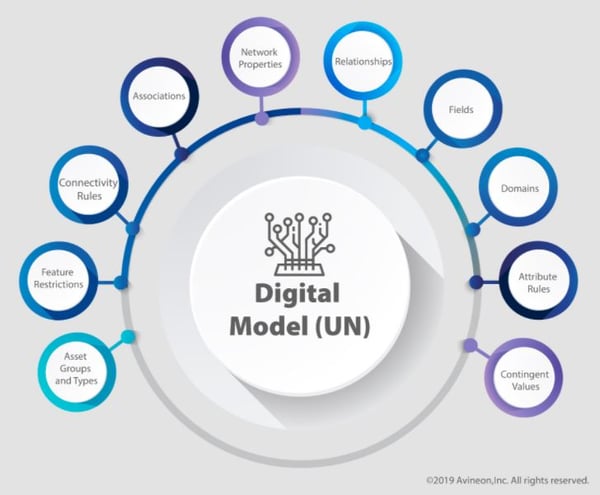
To evaluate and assist in decision-making, Avineon offers Model Manager Add-In for ArcGIS Pro to articulate the current, transition, and desired states for some of these choices with your GIS implementation. These choices have a significant impact on:
- Value and user experience that can be delivered from GIS
- Data migration and integration costs
- Software configuration, customization and integration costs
Digital Model Building Blocks and Choices
Feature restrictions are among the core capabilities that govern the quality and integrity of the data and network connectivity within the digital model. It also presents various choices for digital model designers when modeling assets as a part of domain (electric, gas, water, Stormwater, telecommunication) networks and structure networks, represented as points lines polygons. The software and data constructs such as structures, assemblies, devices, junctions, lines, and boundaries are the key building blocks for the digital model.
The following figure serves as a reference for designers with using these building blocks and formulating the digital model for their organization. The Model Manager Add-In for ArcGIS Pro from Avineon provides a quick lookup for designers to understand the implementation of these building blocks by asset type and highlight the differences between Esri templates and any necessary tailoring performed for your organization.
